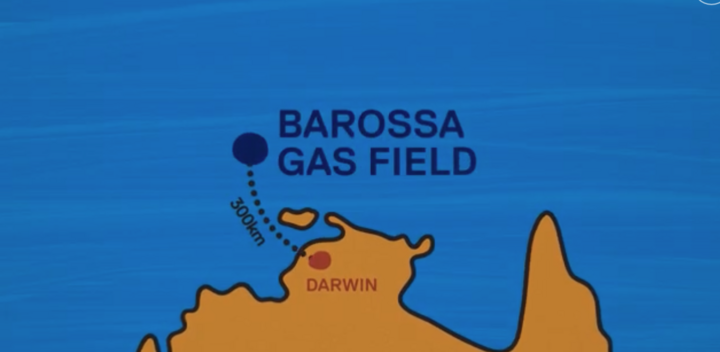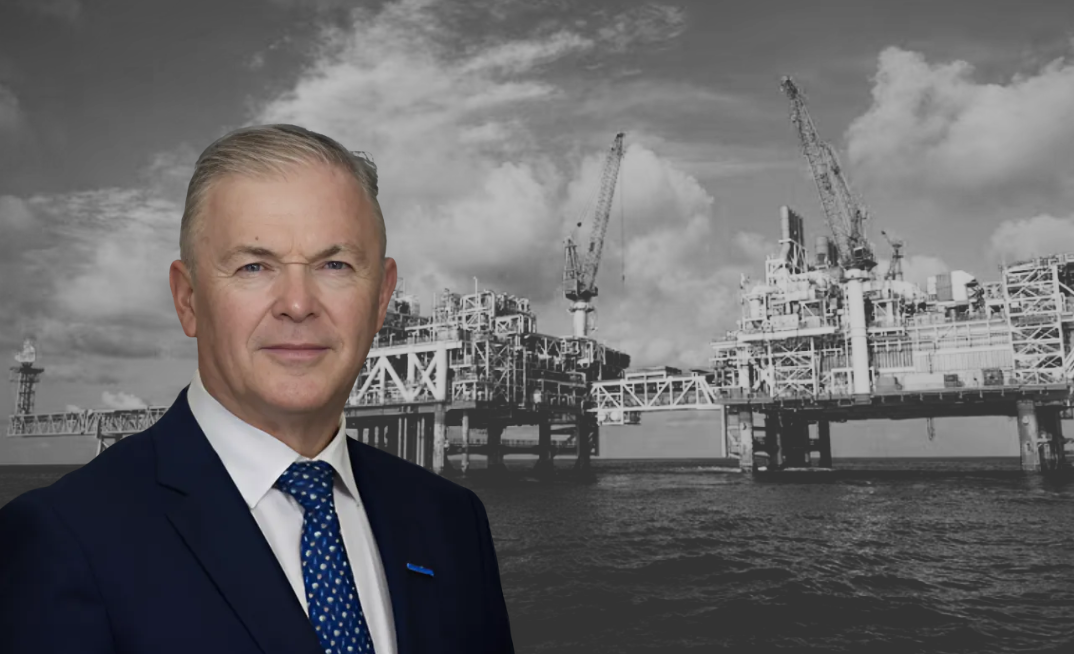Santos has secured a critical regulatory approval for its $5.8 billion Barossa gas project, with Australia's offshore safety and environmental watchdog signing off on a key pipeline production plan. The approval will allow Santos to begin final commissioning activities, bringing the long-delayed project a step closer to first gas.
"Barossa remains on track for first gas in the third quarter of 2025 and within cost guidance," a Santos spokesperson confirmed to Energy News Bulletin.
Today, the National Offshore Petroleum Safety and Environmental Management Authority (NOPSEMA) accepted Santos' environment plan for production operations, which covers six subsea wells connected to a floating production, storage, and offloading (FPSO) vessel.
Under its EP, gas will be piped 262 kilometres to the Darwin LNG facility, replacing supply from the aging Bayu-Undan field. At the same time, condensate will be offloaded by tanker.
YOU MIGHT ALSO LIKE

The sign-off applies to two operational zones: the gas field itself and a pipeline corridor traversing Commonwealth waters to the Northern Territory boundary.
Santos is gearing up to hook up and fire up the BW Offshore-built and operated floating production, storage and offloading vessel (FPSO) in the first half of 2025, kicking off months of start-up tests before steady gas flows. If everything goes as planned, the Barossa field will keep pumping for 25 years.
Legal delays and environmental scrutiny
The Barossa project, led by Santos, has faced prolonged legal and environmental hurdles over its proximity to the Tiwi Islands and Oceanic Shoals Marine Park. In 2022, the Federal Court ruled Santos had failed to properly consult Tiwi traditional owners, halting drilling and invalidating its environmental approval—a decision upheld on appeal. A 2023 injunction further paused pipeline construction over cultural heritage concerns. However, in early 2024, Santos won a court ruling allowing works to resume. By April 2025, the company had secured final approval to begin production, with first gas expected in the third quarter.
Santos has since addressed regulatory concerns through an updated Oil Pollution Emergency Plan and engagement with impacted communities.
However, despite the delays, Barossa remains central to Santos' long-term growth strategy, sustaining LNG exports from Darwin into the 2030s and supporting broader ambitions to expand in Asian gas markets.























